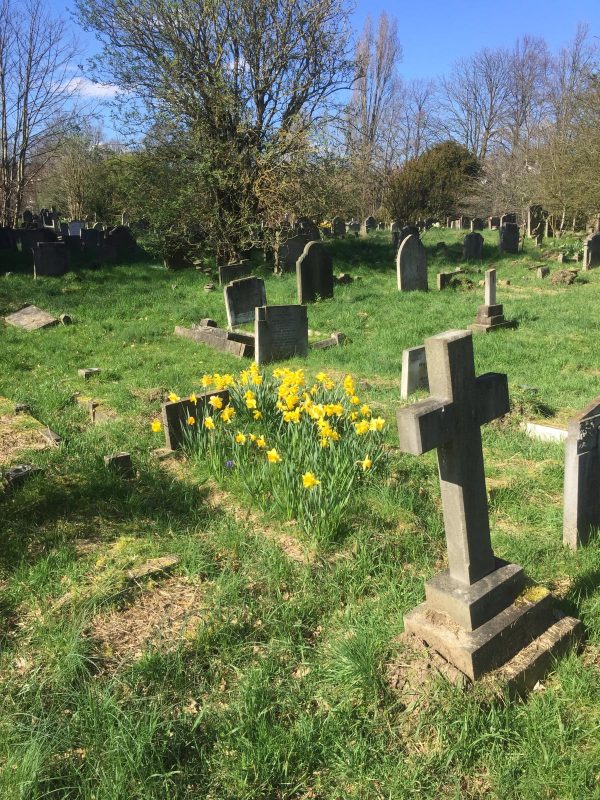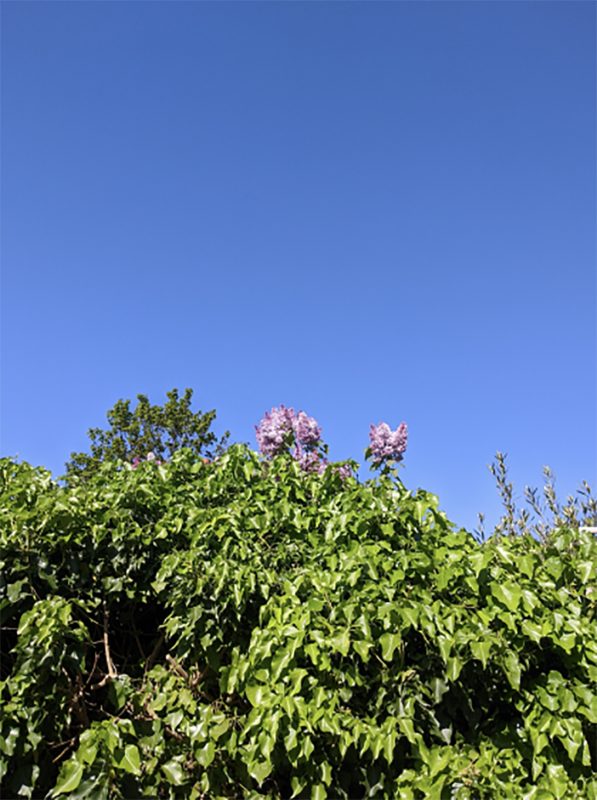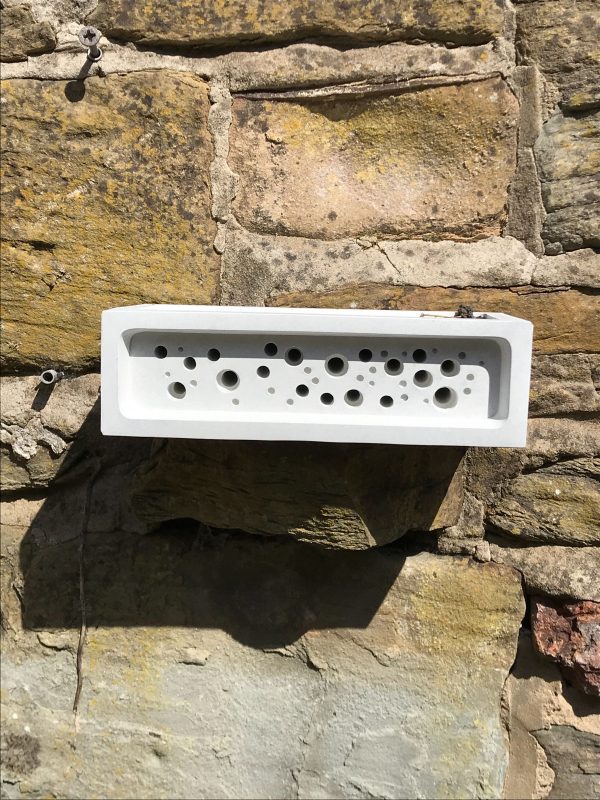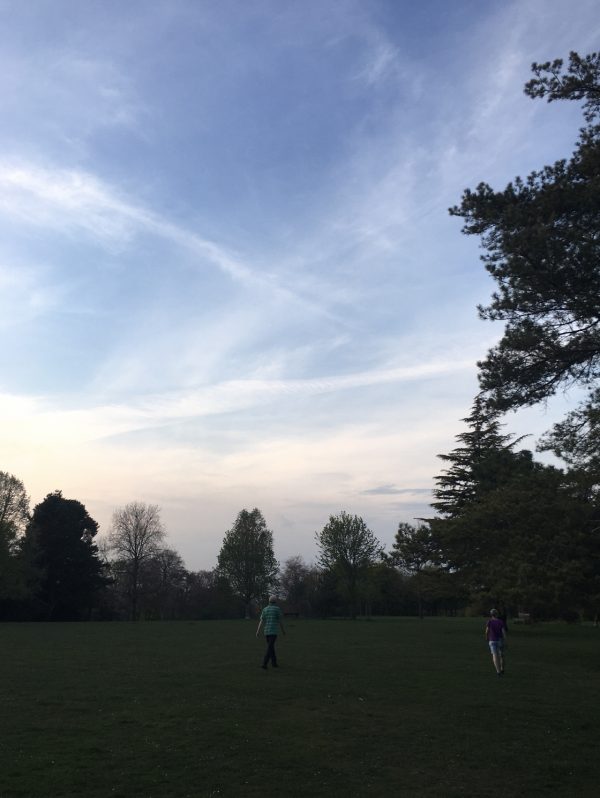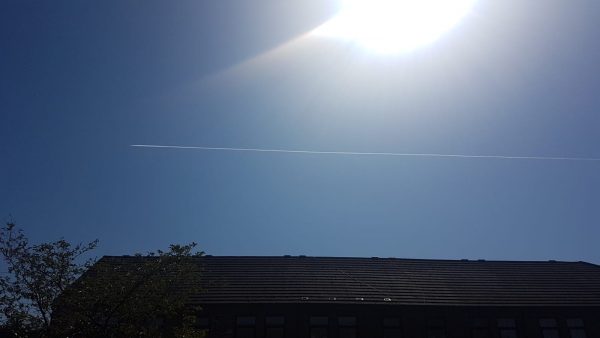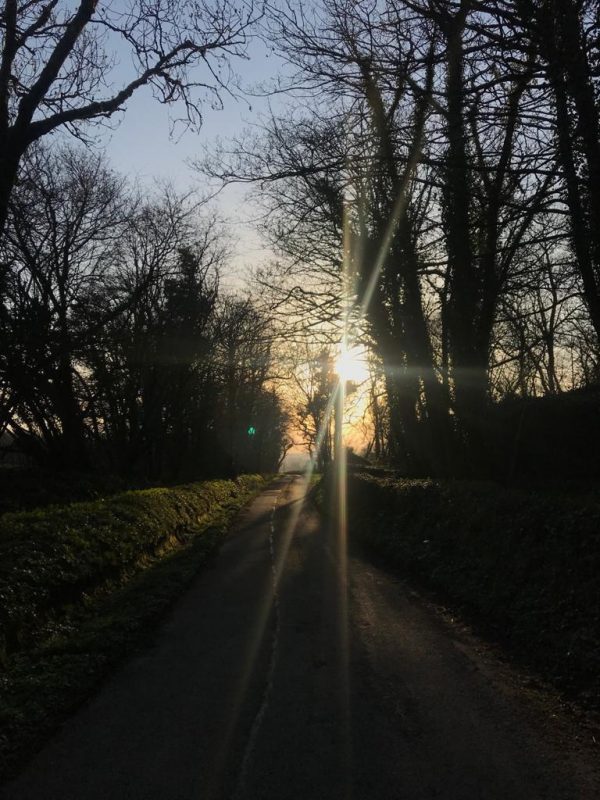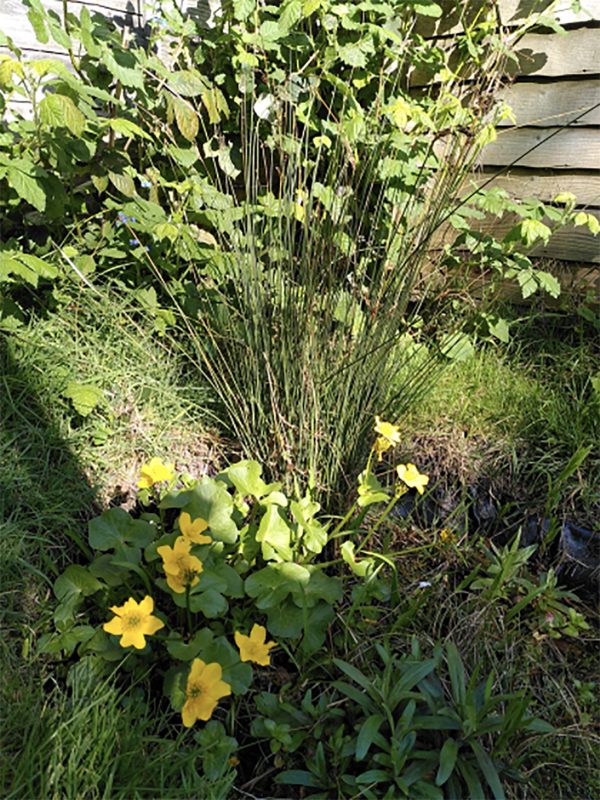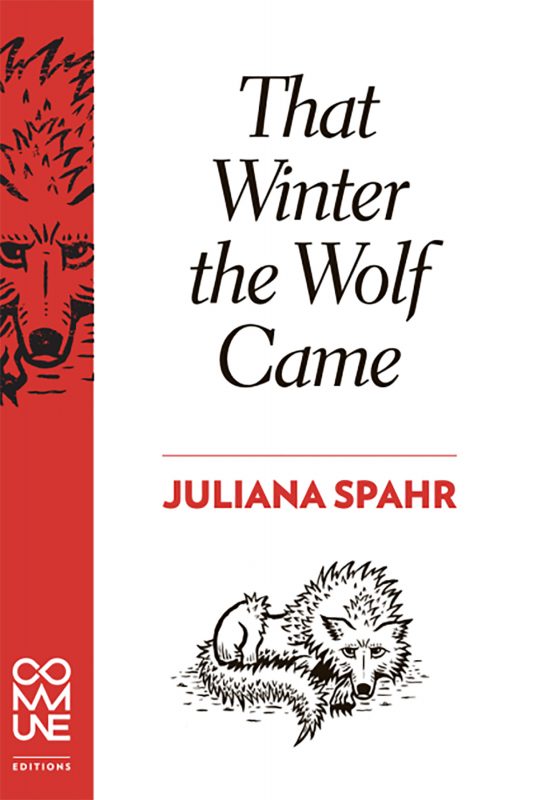Earth Day during lockdown
It’s the 50th anniversary of Earth Day and we find ourselves in an unusual set of circumstances.
To mark the day, which aims to diversify, educate and activate the environmental movement worldwide, Artsadmin staff reflect on the environment, and their connection to it, during this time of lockdown.
Alex
Studios and Sustainability Officer
Without putting sugar on shit, I have never felt so connected to the environment as now. The slowness, the solitude, the desperate search for hope in life.
To understand your enemies, you have to think like them and Covid-19 survives through making humans cough so creates the conditions for its own survival. The pandemic presents us with our own mortality in the thousands that have tragically lost their lives, laying bare the fragility of natural ecosystems for us all to see alongside the backdrop of the climate crisis. I’ve been reading about shamanism where symbiosis of humans and animals or plants is common (perceived or not), adopting a deeper relationship with plants through their ingestion affecting microbial flora in the gut and, in part, becoming that plant. I’m not suggesting these two things are the same but there’s an inescapability from the virus as part of the wider ecosystem, of which we are just one species. The fragility we feel in the present moment is the everyday reality for those confronted by the sharp end of the climate crisis, and I hope the realisation that these two are interlinked puts a rocket up those in charge to take urgent climate action.
Ania
Artists’ Producer
The first thing I noticed when we went into the lockdown is the sound in my neighbourhood. It changed completely and I discovered a whole new world of noises and voices. Suddenly, instead of planes constantly flying into Heathrow I heard birds, lots of them! It felt like a soothing and miraculous experience. The price of oil in the US went below zero in the last few days and lack of plane travel has surely had a huge impact on it. With certain industries on hold, oil becomes worthless.
As someone who flies a lot – both for work and to see my family – I wonder how the current crisis and its impact on the environment will change our travelling patterns. Will we travel less? Or maybe more? Will other more environmentally friendly means of travel become more available and affordable? Will there be more flight shame? How will this impact our industry and international working?
Cat
Artists’ Producer
I’ve been looking to the sky. From despair, for inspiration, for grounding – all of it I suppose. You can decide! But it’s reminded me of Ackroyd & Harvey’s brilliant “Out of the Blue” film made for the What On Earth film series, which is what I’ll be watching again today for Earth Day 9 years from when it was first made.
Ellie
Project Manager, Unlimited
I have been self-isolating back up North with my Mum for a month now and, as a consequence of not being able to leave the house, I find myself spending time in a garden that I wouldn’t usually have access to in London. Instead of watching the daily briefing I have started to ritually watch a pigeon try (and always fail) to eat nuts from a bird feeder. Sometimes it’s okay to focus on the little things and not always the big picture.
Katie
Head of Marketing and Development
I read an article by Arundhati Roy in the Financial Times and her final paragraph stuck with me:
“Historically, pandemics have forced humans to break with the past and imagine their world anew. This one is no different. It is a portal, a gateway between one world and the next.
Arundhati Roy
We can choose to walk through it, dragging the carcasses of our prejudice and hatred, our avarice, our data banks and dead ideas, our dead rivers and smoky skies behind us. Or we can walk through lightly, with little luggage, ready to imagine another world. And ready to fight for it.”
Mark
Artists’ Producer
I’m sad that the full Somerset House Earth Day programme curated by Karishma Rafferty can’t happen today but I am looking forward to live Q&A with Bethany Williams on the value of environmental justice and social responsibility in her work.
Octagon
Season for Change Communications Manager
Having just last week joined the team at Season for Change – led by Artsadmin and Julie’s Bicycle – it seems fitting that I’ve started in time for Earth Day.
This Earth Day, I’m not necessarily ‘celebrating’ the environment – that feels a bit tricky to me in these circumstances, wherein capitalism has grown this natural event – Covid-19 – into a wedge that gives too few people the permission to enjoy their (the) environment.
I think I’ll go back and read Juliana Spahr’s That Winter the Wolf Came this Earth Day. It’s a collection of nine short texts (6 verse, 3 prose) grounded in a feminist eco-poetics using material including protest, motherhood, oil wars, geese, and the academy/state. The last time I read it was several years ago, but from what I remember it finds itself at a point of difficult celebration towards the end. I’m looking forward to spending some time thinking about that tricky intersection between fury, celebration, loss and protest in relation to the environment – and who ‘owns’ it.
You can read That Winter the Wolf Came at Commune Editions, a political press that distributes PDF versions of their publications for free.
I will leave this on a line or two from the opening text in the collection, ‘Transitory, Momentary’…
“It might be that only through the minor we can feel enormity. It might be that there is nothing to epiphany if it does not hint at the moment of sweaty relation larger than the intimate. For what is epiphanic song if it doesn’t spill out and over the many that are pulled from intimacies by oil’s circulations?”
Juliana Spahr

